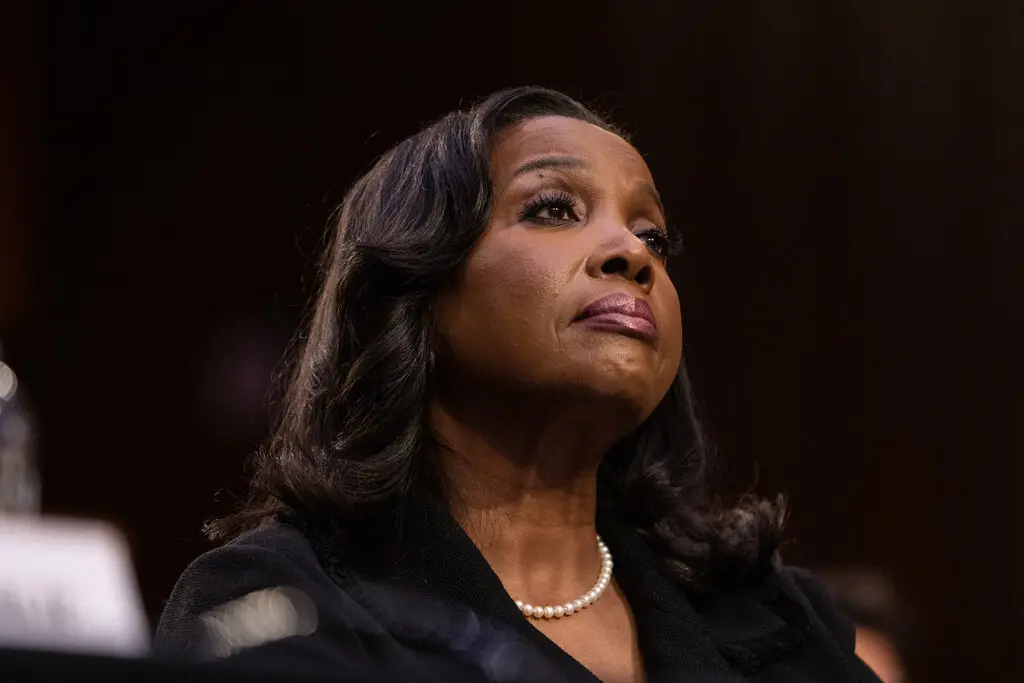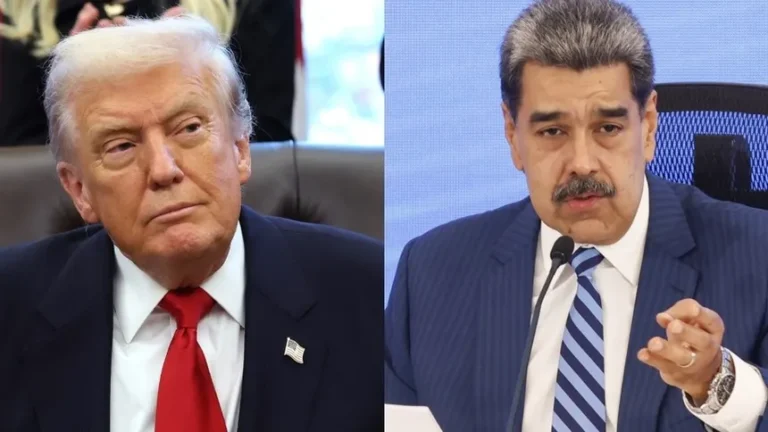
White House Pushes High Court to Intervene
WASHINGTON, D.C. — President Donald Trump has petitioned the Supreme Court to allow him to remove Federal Reserve Governor Lisa Cook, escalating a legal battle over the limits of presidential authority and the independence of the nation’s central bank.
The request comes after both a federal district judge and an appellate panel blocked Trump from ousting Cook, who was appointed in 2022 by President Joe Biden.
Background on the Dispute
Trump has argued there is “sufficient cause” to fire Cook, alleging she engaged in mortgage fraud in loan documents prior to her Fed appointment. Cook has not been charged with any crime, and she has denied wrongdoing.
Earlier this month, Judge Jia Cobb of the U.S. District Court in Washington temporarily halted Cook’s removal, ruling that allegations unrelated to her service on the Board of Governors could not justify her dismissal.
A divided panel of the U.S. Court of Appeals for the D.C. Circuit upheld that decision in a 2–1 ruling. Judges Bradley N. Garcia and J. Michelle Childs wrote that Congress gave Fed governors tenure protections to ensure confidence in U.S. financial markets and shield them from political pressure. Judge Gregory G. Katsas dissented, arguing the Federal Reserve Act allows removal “for cause” at the president’s discretion.
Broader Implications for the Fed
The case is seen as a test of whether the president can exercise direct authority over the Federal Reserve, which has traditionally been insulated from political control. The Fed plays a central role in setting interest rates and regulating the nation’s money supply.
Administration lawyers told the Court that Trump’s action should be considered an “unreviewable exercise” of the president’s power under the law. Cook’s attorneys countered that her removal could destabilize markets and undermine confidence in the Fed’s independence.
Supreme Court’s Prior Signals
While the Court has recently allowed Trump to remove leaders of other independent agencies without cause — including the National Labor Relations Board and the Merit Systems Protection Board — it has previously indicated the Fed may warrant special protection. In earlier rulings, justices noted that the central bank’s structure and economic role distinguish it from other agencies.
The Court’s response will determine whether Cook can continue voting on interest rate policy while her lawsuit proceeds.
Related Coverage
- National News – https://idahonews.co/national-news/





